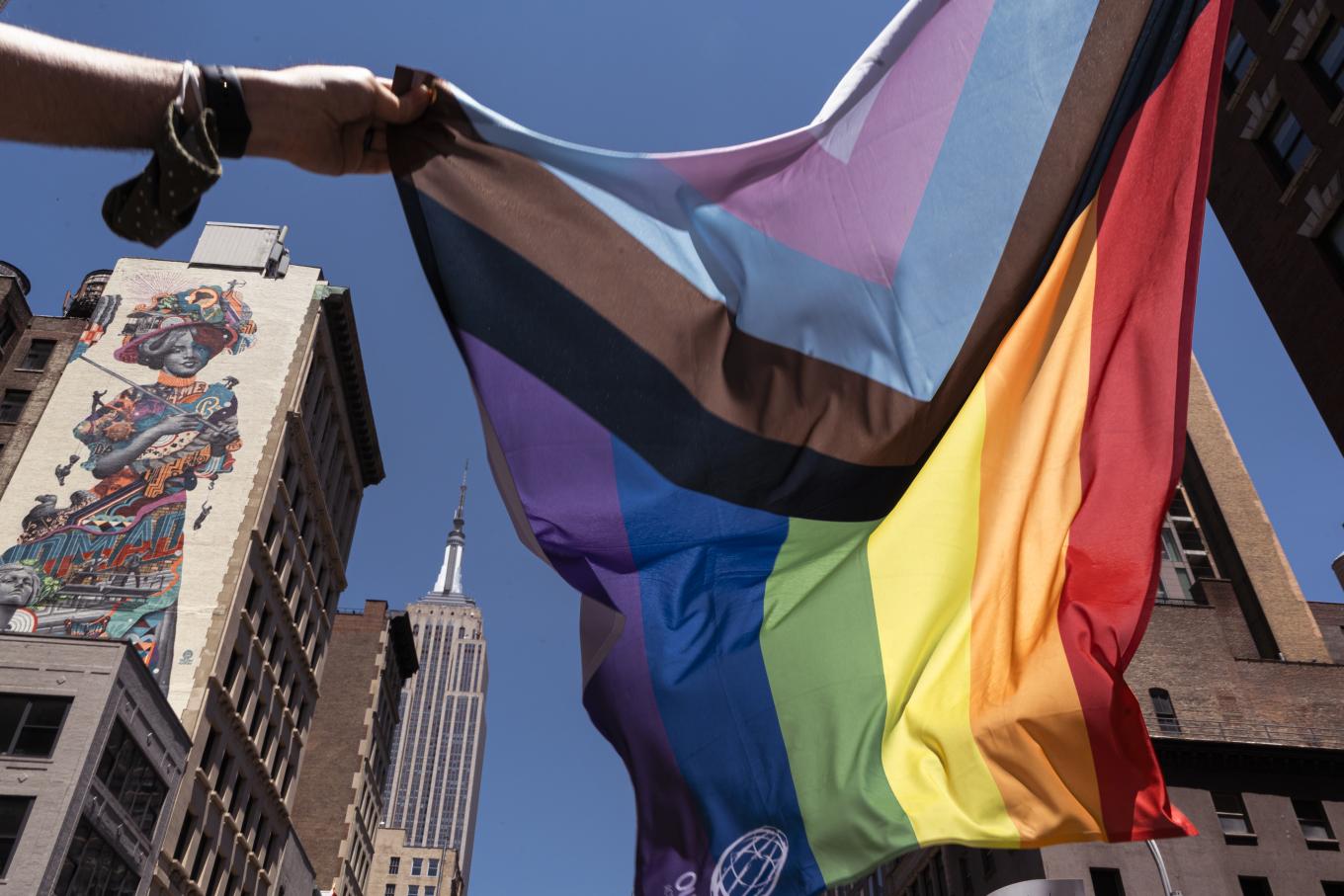
Country Overview
Jamaica
At a glance
View more for this country:
Consensual same-sex sexual conduct is criminalized in Jamaica under sections 76, 77, and 79 of the Offences Against the Person Act. Section 76 criminalizes engaging in the “abominable crime of buggery,” while section 77 criminalizes any attempt to engage in buggery. These offenses apply to both male and female persons. In practice, however, they have a disproportionate impact on gay men and men who have sex with men. Section 79 makes it an offense for a male person to commit, procure, or attempt to commit an “act of gross indecency” with another male person. It is widely acknowledged that sections 76, 77, and 79 of the Offenses Against the Person Act contribute to a culture of hostility, discrimination, exclusion, and violence against LGBTIQ persons, leading to serious rights violations. Discrimination in school settings leads trans and gender nonconforming people to drop out, negatively impacting their employability and contributing to precarity. There are no laws protecting LGBTIQ persons from discrimination based on their sexual orientation or gender identity.
In 2020, the Inter-American Commission, upon conclusion of its consideration of a petition filed by a gay man and a lesbian woman, determined that Jamaica’s same-sex criminalization laws violate key articles of the American Convention on Human Rights. In particular, they violate the right to humane treatment, privacy, equal protection, and judicial protection. However, in 2023, a challenge to the constitutionality of Jamaica’s buggery and gross indecency laws failed in the local court. The Supreme Court of Jamaica made it clear in Maurice Tomlinson v. Attorney General of Jamaica that, due to a constitutional amendment that protected these laws from judicial scrutiny, the Court could not inquire into their constitutional validity. The matter must be dealt with by the Parliament and not the Court. The Court determined that “The constitutionality of sections 76, 77, and 79 of the Offences Against the Person Act cannot be enquired into in the light of the savings law clause in section 13(12) of the Charter of Fundamental Rights and Freedoms in the Constitution of Jamaica.” Constitutional reform is taking place in Jamaica, but the state has indicated that the reform is not currently focused on human rights issues.
Despite the lack of progress towards the decriminalization of consensual same-sex conduct between adults, there is some measured progress. Pride has been organized by LGBTIQ activists and organizations since 2015, despite backlash that has forced organizers to cancel some Pride events outside the capital. LGBTIQ organizations have been working to address issues of discrimination, particularly in the provision of public services. Additionally, the latest survey commissioned by J-FLAG, the leading LGBTQ organization, found that while negative attitudes continue to be high, there has been an attitudinal shift where fewer Jamaicans reject LGBT people and more Jamaicans tolerate, accept, and support LGBT people.
*Outright research indicates that the bodily autonomy of intersex people is not respected and protected in this country.
Global Impact
Sub-Saharan Africa
Outright supports LGBTIQ organizations in Sub-Saharan Africa and works with mainstream human rights organizations to respect human rights and influence positive changes in laws, policies, attitudes and beliefs that cause discrimination against LGBTIQ people.
United Nations
Our work at the United Nations centers around advocating for the advancement of the rights of LGBTIQ people.
View this regionAsia
Our work in Asia promotes acceptance of sexual and gender diversity at all levels of society.
View this regionSouthwest Asia and North Africa
In the Southwest Asia and North Africa, we partner with local groups in various countries as part of our international solidarity work. We also work with our local partners on different topics through capacity building, advocacy, research and holistic security.
Europe and Central Asia
Outright International partners with activists to fight for an end to human rights violations based on sexual orientation, gender identity and gender expression in Europe and Central Asia, where most of our work involves emergency responses to harassment, discrimination, violence, and most recently, Russia’s brutal and expanded invasion of Ukraine.
Americas
Our work in the Americas continues to build on the fundamental and positive transformation of human rights protections in recent years. We partner with groups in the Caribbean that focus on ending gender-based violence and eradicating discrimination against trans people.
Pacific
Our work in the Pacific aims to increase the visibility of activists, respond to human rights emergencies, and actively bridge local, regional, and international activism to achieve equality and justice.
Global
View this region
Human Rights Research
Since 1990, we have partnered with activists from all over the world to produce hundreds of groundbreaking reports.
Read Our Reports